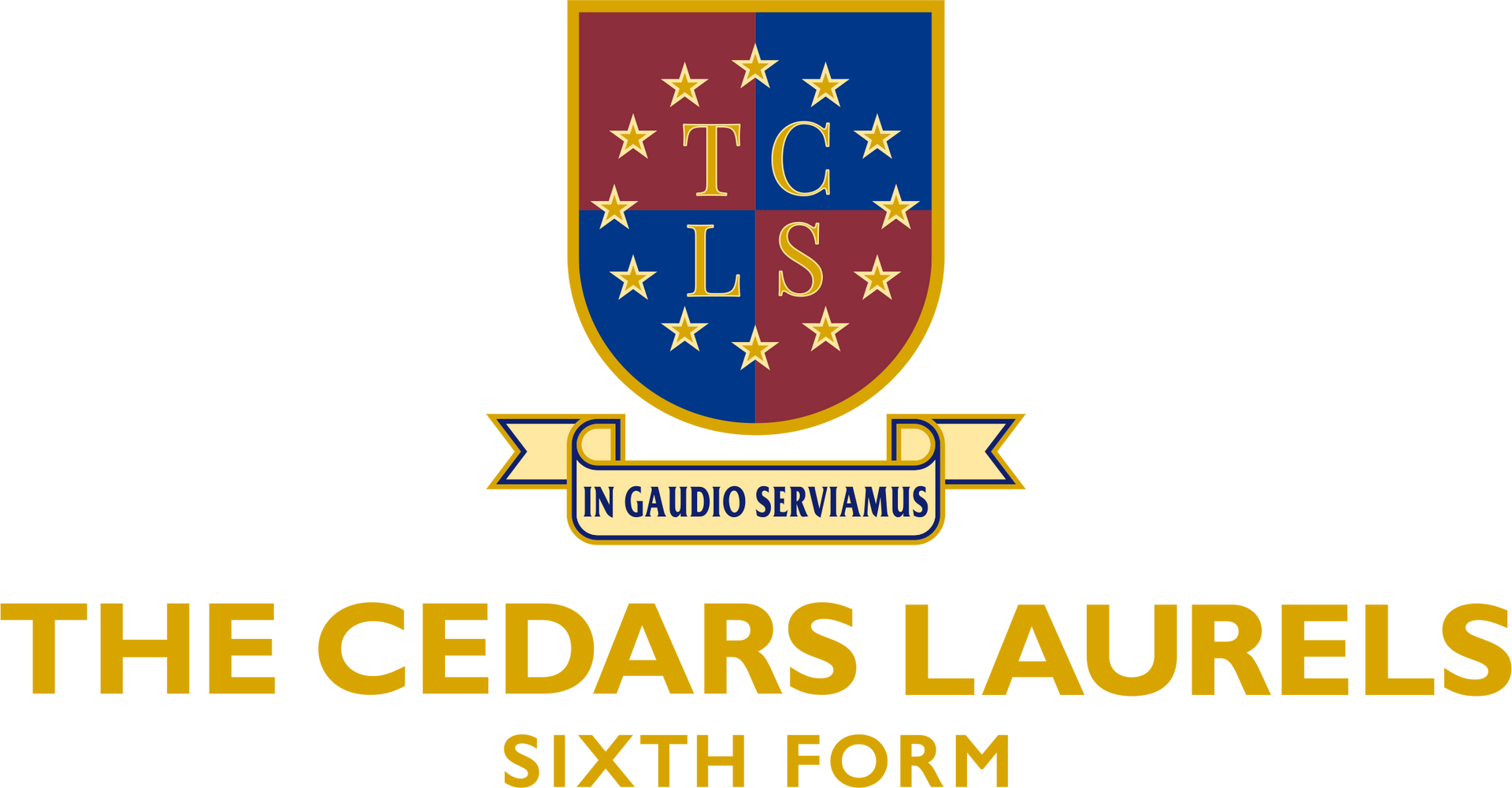Biology
Biology
Why choose to study Biology
Biology A-level will give you the skills to make connections and associations with all living things around you. Biology literally means the study of life and if that is not important, what is? Being such a broad topic, you are bound to find a specific area of interest, plus it opens the door to a fantastic range of interesting careers
What are the aims of the course?
This course aims to encourage understanding of basic biological principles. Students learn how organisms are made, how they function, how they interrelate with each other and their environment, and how they pass on characteristics to their offspring. They learn about the biology of a wide range of different organisms including humans. In A level Biology, the concept of the responsibility of humans as guardians of living things and their environment underpins all teaching and learning. As an outcome of the course students will have increased their awareness of the moral, ethical and social implications of the application of biology and technology.
Apart from knowledge and understanding of biological concepts, a thorough understanding of scientific method is developed. Students acquire skills which are of value in any discipline; careful observation and recording; rigorous interpretation based on evidence and applying what has been learned to unfamiliar problems.
What study skills do I need?
- Time management: You’ll have a lot of syllabi to cover over the course of the year, which you’ll need to plan for. You’ll also need to practise time management when preparing for your exams. This is an important life skill.
- Enhancing your analytical skills: Throughout your A-levels, you’ll be required to analyse data and experiment outcomes. Improved analytical skills make you a strong problem-solver, more detail-oriented, and more meticulous, logical and structured in the way you work and present information.
- Improved theoretical and practical application: It is one thing to have just theoretical or practical understanding but it is a powerful advantage to have both. Problem-solving is as much about identifying an issue as coming up with sound ways to break it down, analyse it and come up with solutions. This is a skill that is needed in many careers and life scenarios.
- Improved interpersonal skills: This may come as a surprise, but it’s true! By studying A-level biology, you’ll sometimes be required to work in teams, which requires good communication and social skills. You’ll also learn how to balance your academic responsibilities by having a healthy social life. Studying A-levels is a great time to form study groups. Here, you’ll practice presentation skills, speaking to groups of people, and learning how to communicate ideas and concepts in a way that other people find engaging and informative. You’ll also learn to become comfortable with the important skill of asking for help. Learn to use the wealth of knowledge from your classmates and teachers by asking for assistance!
What are the GCSE requirements?
You need to have acquired a 7 in Biology Triple Science or a 7 in the Biology component of the Double Science. You will need at least a 7 in Maths and a 7 in English.
Course content
The course is divided into topics, which are assessed across three exams:
- Biological molecules.
- Cells.
- Organisms exchanging substances with their environment.
- Genetic information, variation and relationships between organisms.
- Energy transfer in and between organisms.
- How organisms respond to changes in their internal and external environments.
- Genetics, populations, evolution and ecosystems.
- The control of gene expression.
A more detailed explanation of the course curriculum across AS and A level Biology can be found by following this link: Course curriculum.
A more detailed explanation of the A level Biology assessment schedule can be found by following this link: Scheme of Assessment.
Further education and career opportunities
An A-Level in Biology opens doors to a vast array of further education and career opportunities, both related to biological sciences and in other fields that value the skills developed through this qualification. Here is a breakdown of the possibilities:
University Degrees: Biology serves as a strong foundation for various university degrees, encompassing:
- Biology (including specialised branches like microbiology, genetics, ecology, zoology, botany, molecular biology)
- Biomedical Sciences
- Environmental Science
- Medicine
- Veterinary Science
- Dentistry
- Pharmacy
- Nutrition
- Agriculture
- Forensic Science
Career Opportunities:
- Biologist: Conducting research in diverse areas like disease, genetics, evolution, ecology, conservation, or marine biology.
- Medical Scientist: Working in laboratories to analyse medical samples, conduct tests, and support diagnoses.
- Environmental Scientist: Addressing environmental challenges like pollution, climate change, and resource management.
- Ecologist: Studying the interactions between organisms and their environment to ensure ecological balance and sustainability.
- Marine Biologist: Studying life in the ocean, researching marine ecosystems and their conservation.
- Geneticist: Studying genes and their role in health and disease.
- Microbiologist: Studying microorganisms like bacteria, viruses, and fungi, with applications in various fields, including medicine and food safety.
- Teacher: Inspiring future generations by teaching biology in schools or colleges.
- Science writer: Communicating scientific discoveries and research findings effectively to a wider audience.
- Science Journalist: Reporting on scientific developments and innovations for news media.
- Patent Attorney: Utilizing understanding of biology to advise on intellectual property rights related to biological inventions.
- Policy Analyst: Using scientific knowledge to inform policy development in areas like healthcare, environment, or agriculture.
Exam board
Biology AS and A-Level AQA
Get more information
Thank you!
Please try again later.
CONTACT US


| All Rights Reserved | The Cedars Laurels 6th Form
Web design by www.beardfish.co
We use cookies to ensure that we give you the best experience on our website.

